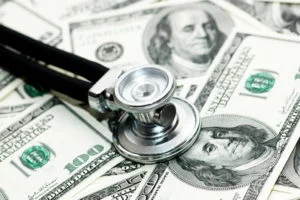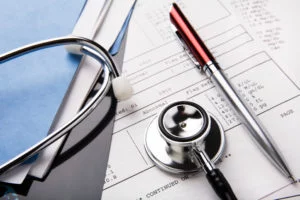Contact Allmand Law Firm, PLLC today to schedule your first consultation. We are ready to help you regain control of your life.
- About Us
- Areas Served
- Bankruptcy
- Bankruptcy Basics
- Should You File Yourself?
- Role of the Automatic Stay
- Exemptions
- Stopping Creditor Harassment
- 341 Meetings
- Foreclosure Defense
- Credit Repair
- Medical Debt
- Preventing Repossession
- Student Loan Debt
- Tax Forgiveness and Resolution
- Bankruptcy Concepts
- Bankruptcy Myths
- Bankruptcy Timeline
- Stopping an Eviction
- Chapter 7 Lawyer
- Chapter 13 Lawyer
- Bankruptcy Basics
- Testimonials
- Resources
- Contact Us
Call Now
(214) 265-0123- About Us
- Areas Served
- Bankruptcy
- Bankruptcy Basics
- Should You File Yourself?
- Role of the Automatic Stay
- Exemptions
- Stopping Creditor Harassment
- 341 Meetings
- Foreclosure Defense
- Credit Repair
- Medical Debt
- Preventing Repossession
- Student Loan Debt
- Tax Forgiveness and Resolution
- Bankruptcy Concepts
- Bankruptcy Myths
- Bankruptcy Timeline
- Stopping an Eviction
- Chapter 7 Lawyer
- Chapter 13 Lawyer
- Bankruptcy Basics
- Testimonials
- Resources
- Contact Us



